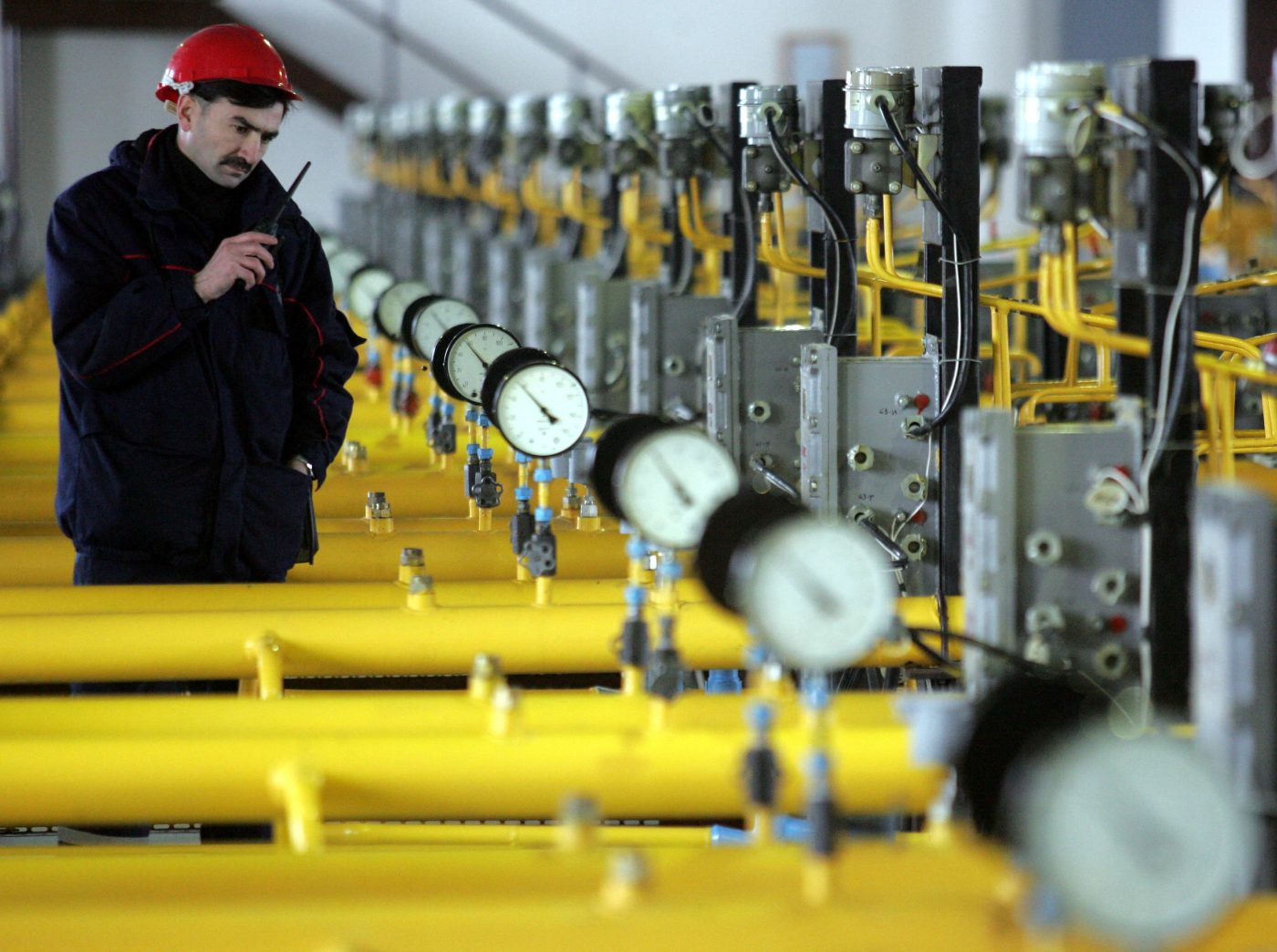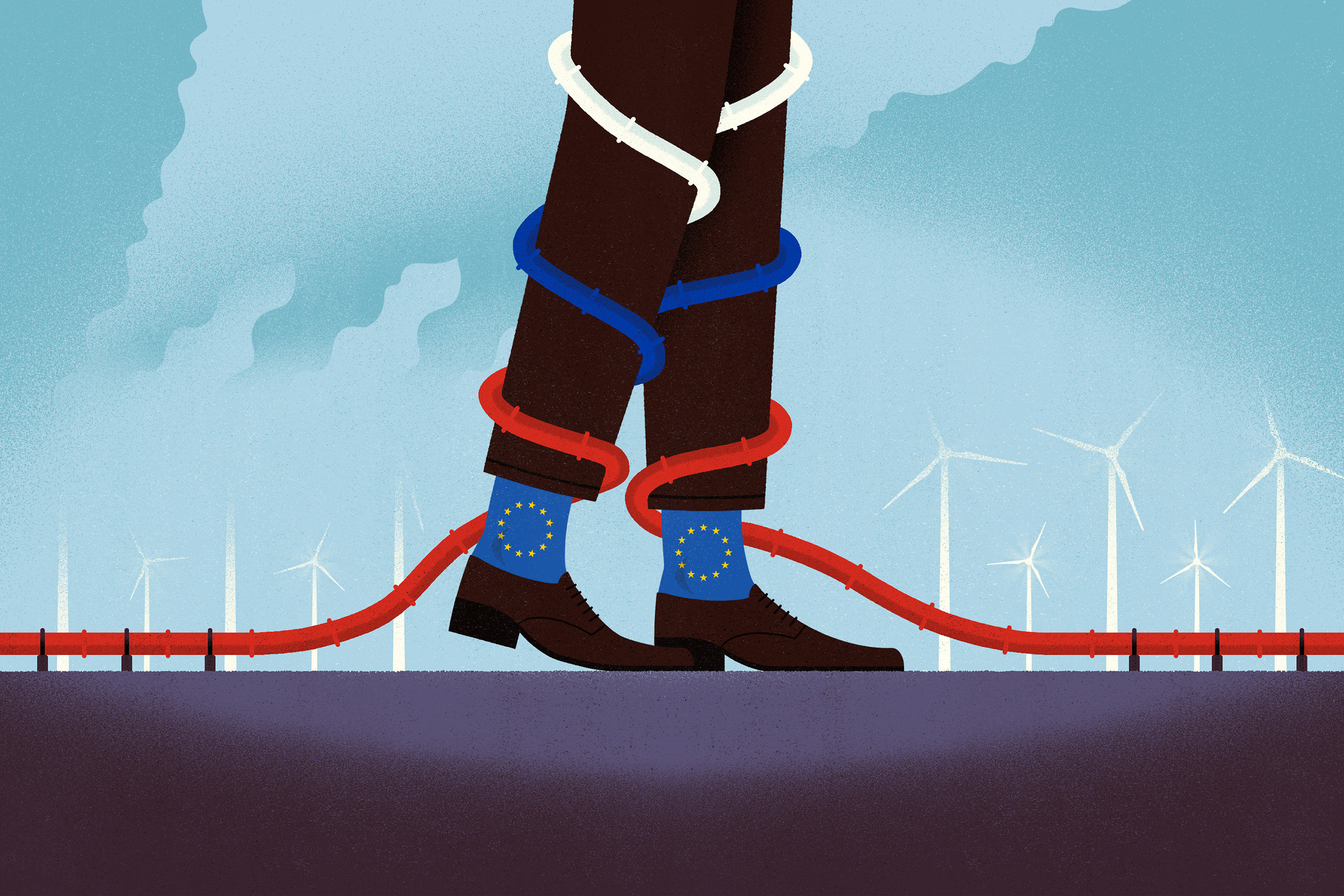The EU has proposed a cautious but wide economic security plan in response to increasing risks from Russian gas and Chinese tech infrastructure and electric automobiles. The EU is starting to navigate a complicated geoeconomic terrain with this move.

Europe’s Response to Russian Gas and Chinese Tech (Photo: Google)
Challenges and Considerations in Implementing EU’s Economic Protection Measures to Russian Gas and Chinese Tech
Europe’s historical reliance on Russian gas and Chinese tech infrastructure and electric vehicles have pushed the European Commission to outline a range of economic protection measures. Tightening export controls, restricting foreign investment in sensitive industries, and screening inbound foreign investments in important areas are part of the proposal.
The EU’s stance is more cautious than the US’s rigorous security measures, especially against Chinese influence. The EU’s bureaucracy slows decision-making, which explains this cautious approach. Despite concentrating on Russia and China, similar techniques may be used against the US if political circumstances change.
European Commission President Ursula Von der Leyen’s geopolitical strategy underlies this economic security agenda, prioritizing national security in economic measures. To defend critical industries like AI, quantum computing, and semiconductors, state investment, and tariffs are boosted. The US and EU want to reduce Russian influence and China’s dependency.
READ ALSO: Ending Capital Gains Tax Breaks For Investments In China And Russia: Sherman Proposes
The EU’s Cautious Approach to Economic Security
Russia’s invasion of Ukraine has prompted US-EU coordination, but Europe’s stance is cautious. Unlike the US, which has centralized decision-making, the EU has 27 member states with different national security duties. This divided governance structure makes security implementation difficult.
Despite these obstacles, the EU’s economic security strategy begins to confront rising threats and preserve Europe’s strategic interests in a complex global terrain. The EU will likely balance economic objectives and diplomatic connections with major foreign partners as geopolitical tensions rise.
READ ALSO: Putin Accuses US Of Downed Russian Military Plane, Demanded International Probe

















































